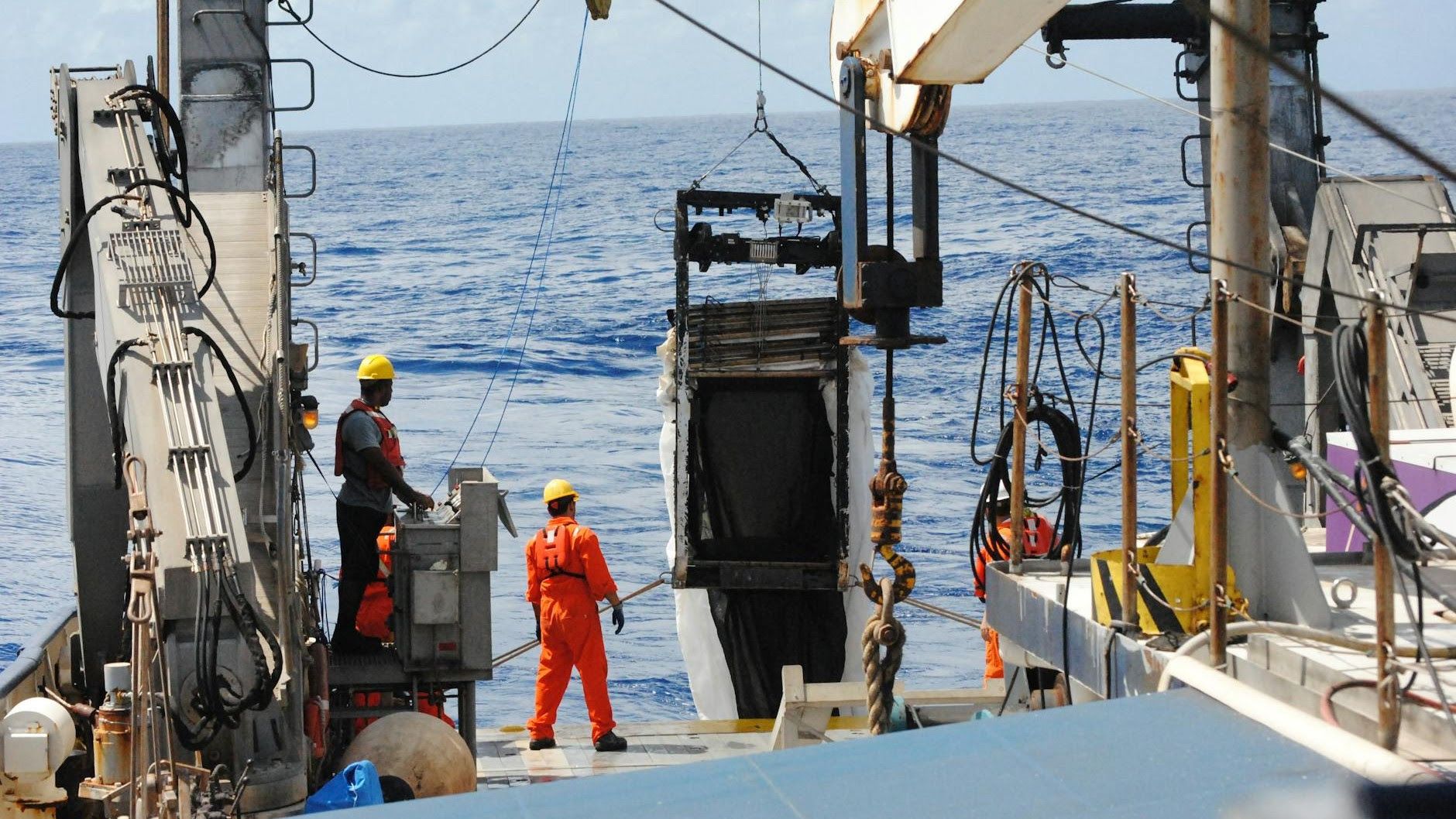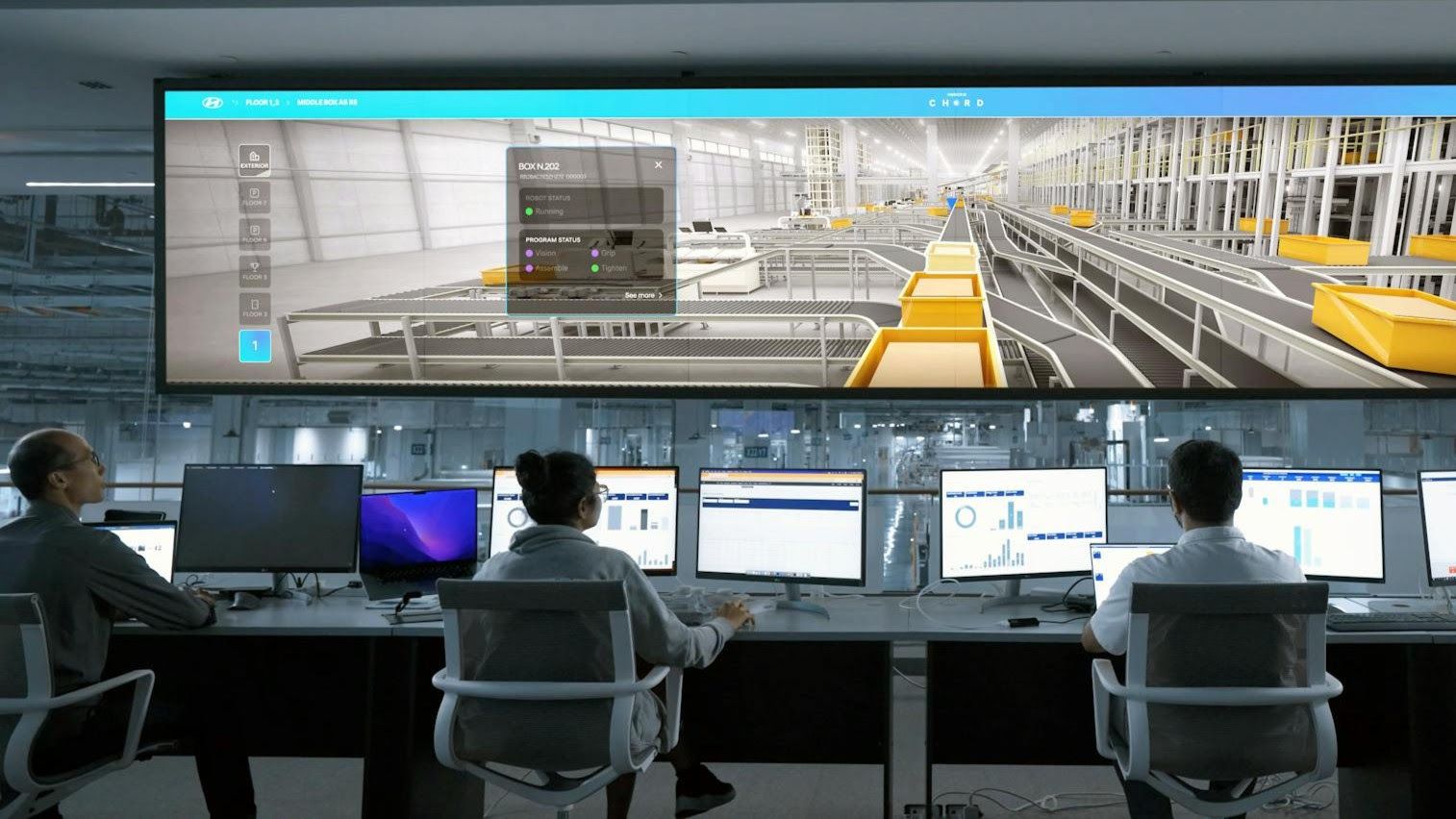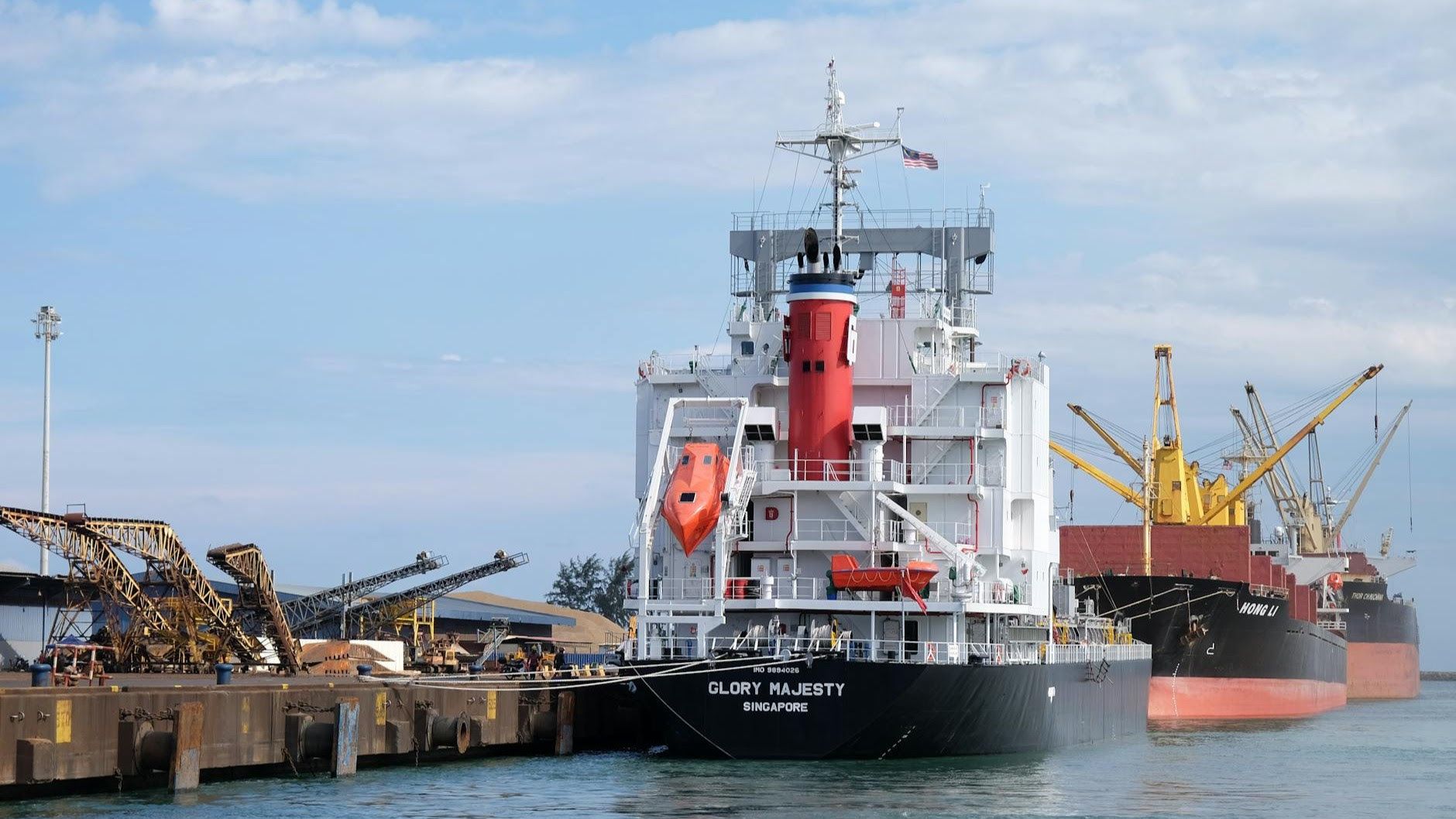Governance for Safer Seas
The Asia-Pacific (APAC) region, a bustling hub for global trade and a critical artery of maritime commerce, faces unique challenges and opportunities in ensuring maritime safety. As the industry evolves, integrating robust social governance practices, adhering to international standards, and embracing technological advancements like Artificial Intelligence (AI) are paramount to safeguarding lives, protecting the environment, and fostering sustainable growth.

The Evolving Safety Landscape in APAC
The maritime safety system market in APAC is projected to reach a substantial US$16,367.2 million by 2033, demonstrating a compound annual growth rate (CAGR) of 10.3% from 2025. This growth reflects a clear commitment to safer operations. Yet, challenges persist.
Globally, marine incidents rose by 22% from 2022 to 2024, largely attributed to machinery failures and aging vessels. Fire and explosion incidents, particularly in the passenger and ferry sectors, have also surged by 42% compared to 2021. These figures underscore the ongoing need for robust safety strategies.

The Core of Social and Governance
Effective ‘Social’ and ‘Governance’ are non-negotiable components of sustainable shipping. This means prioritizing the welfare and safety of seafarers, promoting diversity and inclusion, and fostering transparent and ethical business practices. The ‘S’ and ‘G’ in ESG (Environmental, Social, and Governance) emphasize these crucial social responsibilities within the maritime sector.
It's about recognizing that the human element is central to maritime safety, with fatigue, stress, and mental health issues among seafarers directly contributing to incidents. Proactive attention to seafarer welfare, enshrined in instruments like the Maritime Labour Convention (MLC), directly reduces human error, which accounts for 80-85% of maritime accidents.
Globally, the International Maritime Organization (IMO) sets the gold standard for marine time operations. Key treaties like SOLAS ensure fundamental safety, while robust training and pollution prevention measures protect both our people and planet.

The Transformative Impact and Ethical Imperatives of AI
AI is rapidly reshaping marine time operations, driving safety, optimizing performance, and now, increasingly safeguarding crew wellbeing through human-centered interventions.
- Autonomous Navigation: Reduces human error and improves collision avoidance.
- Predictive Maintenance: Detects equipment issues early, lowering breakdown risk and easing crew workload.
- Enhanced Security: Identifies cyber threats and suspicious activity, boosting onboard safety and trust.
- Route Optimization: Uses weather data to improve efficiency and reduce crew stress.
- Mental Health Support: Monitors signs of stress for early intervention and support.
- Decision Support: Offers real-time insights for safer, more confident decision-making.
- Training & Development: Provides immersive AI-driven training for real-world preparedness.
The Future: A Holistic Approach
The future of maritime safety depends on combining technological innovation with a strong focus on seafarer well-being and responsible governance.
Prioritizing crew welfare, ongoing training, and ethical AI use, supported by collaboration across governments, industry, and tech, will create a safer, more sustainable, and people-first future for global shipping.
